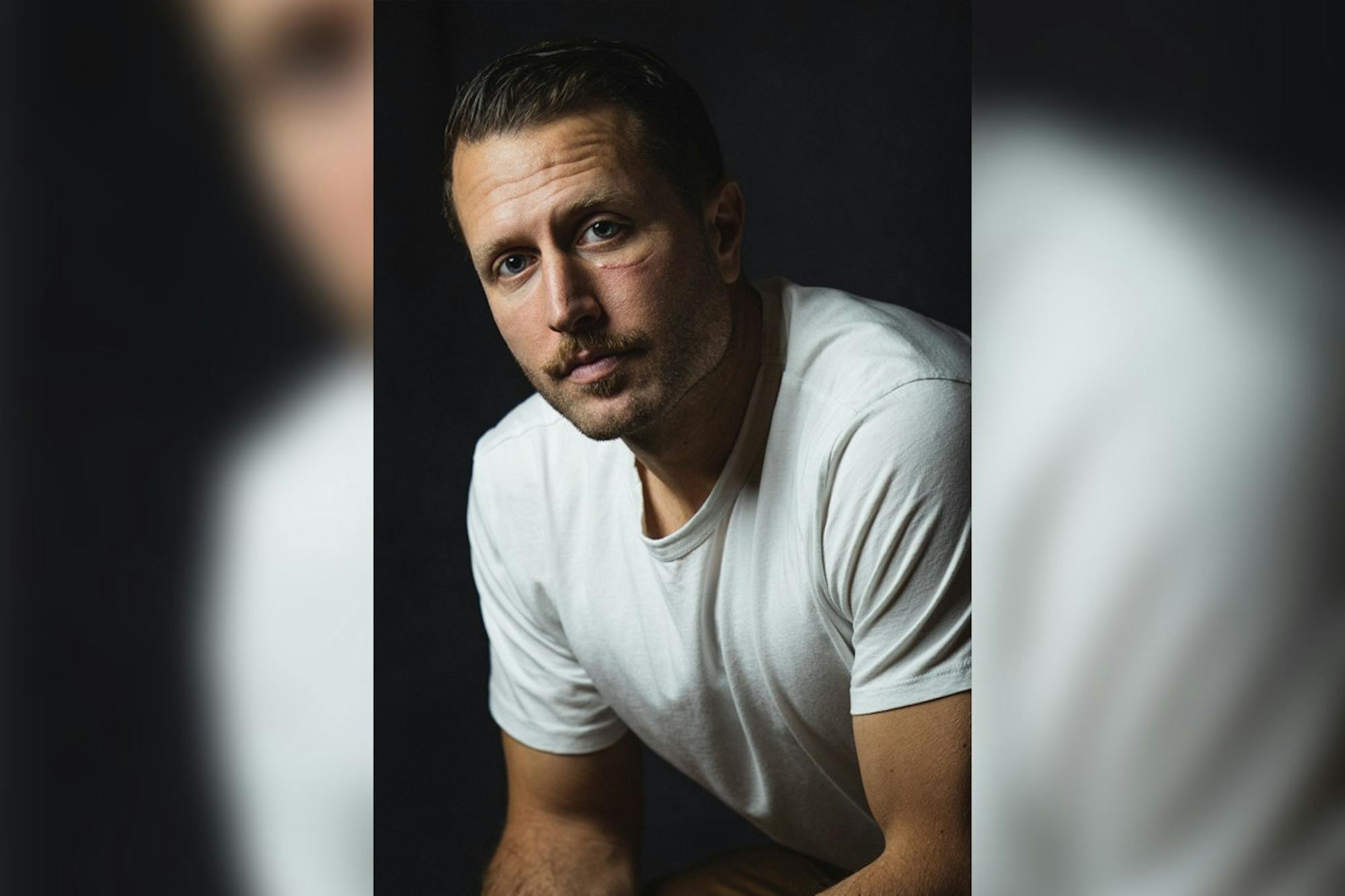Matthew Heineman ’05 has filmed in conflict zones around the world and received glowing praise in the most elite circles of film. Most recently, he shot at a hospital in Queens, New York at the start of the COVID-19 pandemic. Heineman entered the field after graduation and is now a renowned filmmaker.
“At Dartmouth, I studied history, and really had no idea what I wanted to do with my life,” Heineman said. “My senior year, I applied for Teach For America and got rejected and decided to go on this sort of cross-country journey with three of my best friends to understand what our generation was about.”
Heineman bought a video camera on the trip and taught himself how to film. He refers to this experience as his “film school.”
“Through that sort of kaleidoscopic journey, I fell in love with filmmaking,” Heineman said. “[I] knew very clearly that was what I wanted to do for the rest of my life.”
Heineman is now an Emmy-winning, Academy Award-nominated director. His 2015 film “Cartel Land” — which explores vigilantes taking on Mexican drug cartels — won three Primetime Emmy Awards. Other films by Heineman include “A Private War,” “City of Ghosts” and “The Third Man.”
“I’ve spent most of my career trying to take big, amorphous subjects that are sort of ripped from the headlines and hard to understand and try to humanize them, from the drug wars in Mexico to ISIS and Syria,” Heineman said.
Many of Heineman’s films use the “cinéma vérité” style, which aims to find the truth behind its subjects through observation instead of narration. Heineman’s newest film, “The First Wave,” follows this style, spotlighting healthcare workers at the epicenter of the COVID-19 pandemic. Starting in March 2020, Heineman filmed doctors, nurses and patients at Long Island Jewish Medical Center in Queens.
“[‘The First Wave’] was by the far the hardest film that I’ve ever made. It’s also the film I’m most proud of,” Heineman said. “Having filmed in war zones, in conflict zones, all around the world, you can kind of come home and turn off your brain, whereas with ‘The First Wave,’ it was a terrifying experience because we were kind of living the same thing we were documenting and it was a really full-on experience, 24/7, for months.”
Heineman said he decided to create “The First Wave” because he felt as though people were being inundated with headlines and misinformation during a time of confusion and horror.
“We weren’t truly viscerally experiencing what it was like to be inside of a hospital, so I wanted to try to humanize the experience of doctors and patients and nurses,” Heineman said.
In “The First Wave,” Heineman follows three main perspectives: Doctor Nathalie Dougé, New York police officer Ahmed Eliis and nurse and new mother Brussels Jabon. This character-driven narrative is important to Heineman, as it allows viewers to connect with the subjects they see on the screen.
“In the films that I make, I try to focus on a few individual stories in depth, intimately, personally by following their trajectories, their arcs over a period of time,” Heineman said.
The students in anthropology professor Sergei Kan’s class ANTH 14, “Anthropology of Death and Dying” attended a screening of the film at the Hopkins Center for the Arts this past weekend. Zahni Khin ’23, a student in the class, appreciated the focus on these three main stories.
“I thought it was super phenomenal how [Heineman] basically examined the story of two or three individuals and followed their journey through dealing with the trauma, the violence, and the struggle of the virus,” Khin said.
“The First Wave” incorporates other social and political events of the last two years. Charles Ciporin ’23, who interned as a production assistant for Heineman’s company Our Time Projects from March to June 2021, said he especially appreciated one scene that depicts Dougé attending a Black Lives Matter protest.
“There’s this one scene [that] I think is maybe the most powerful scene in any documentary I’ve ever seen, where she is at a Black Lives Matter protest… you could just see the pain she had in terms of the racial injustice, in terms of COVID and the racial injustice of police brutality,” Ciporin said.
According to Khin, the film tied into many of the class’s themes of mourning and grief.
“[Heineman] would mix in things from a bigger, larger perspective that examine the city as a whole and then he would transition that back into the stories of these individuals to give more context,” Khin said.” [‘The First Wave’] definitely gave us a modern perspective on death and how people interact with that balance and transition between life and death.”
These deeply politicized and oft-discussed topics interest Heineman. He said that while we can read about and discuss these topics, we don’t truly know what it’s like to live in the shoes of those people.
“That’s what I try to do in my films, put people in that place and make them viscerally, emotionally feel,” Heineman said. “In this case, inside of a hospital.”
When he started filming, Heineman said, he had no idea what the result would be — he thought it could be one to two weeks and the pandemic could be over. However, the scope of the pandemic ended up being so much larger than he could have realized. Consequently, the film reflected the intensity of the pandemic in its tone.
“This movie is really heavy, it’s really dark. And you kind of have to be aware of that going into it,” Ciporin said. “Because you’re watching people die and seeing how hopeless this situation [is].”
During his internship at Our Time Projects, Ciporin created the memorial sequence, which is featured at the end of the film. This memorial lists the names of over 2,000 New Yorkers who died due to COVID-19.
“It’s really easy to just hear ‘Oh, this many people are dying, this many people are going to the hospital, this many people are on ventilators, we don’t have enough ventilators’ … and it just seems so abstract when you’re listening to it,” Ciporin said. “But then watching it actually happen in this documentary is a look you don’t get anywhere else. I just thought that was extremely impactful.”
Charles Ciporin is a former member of The Dartmouth staff.




